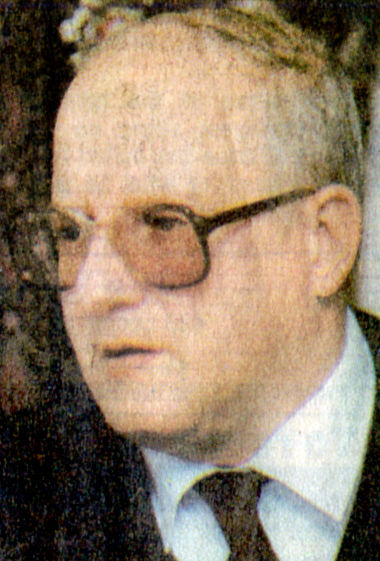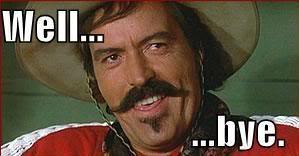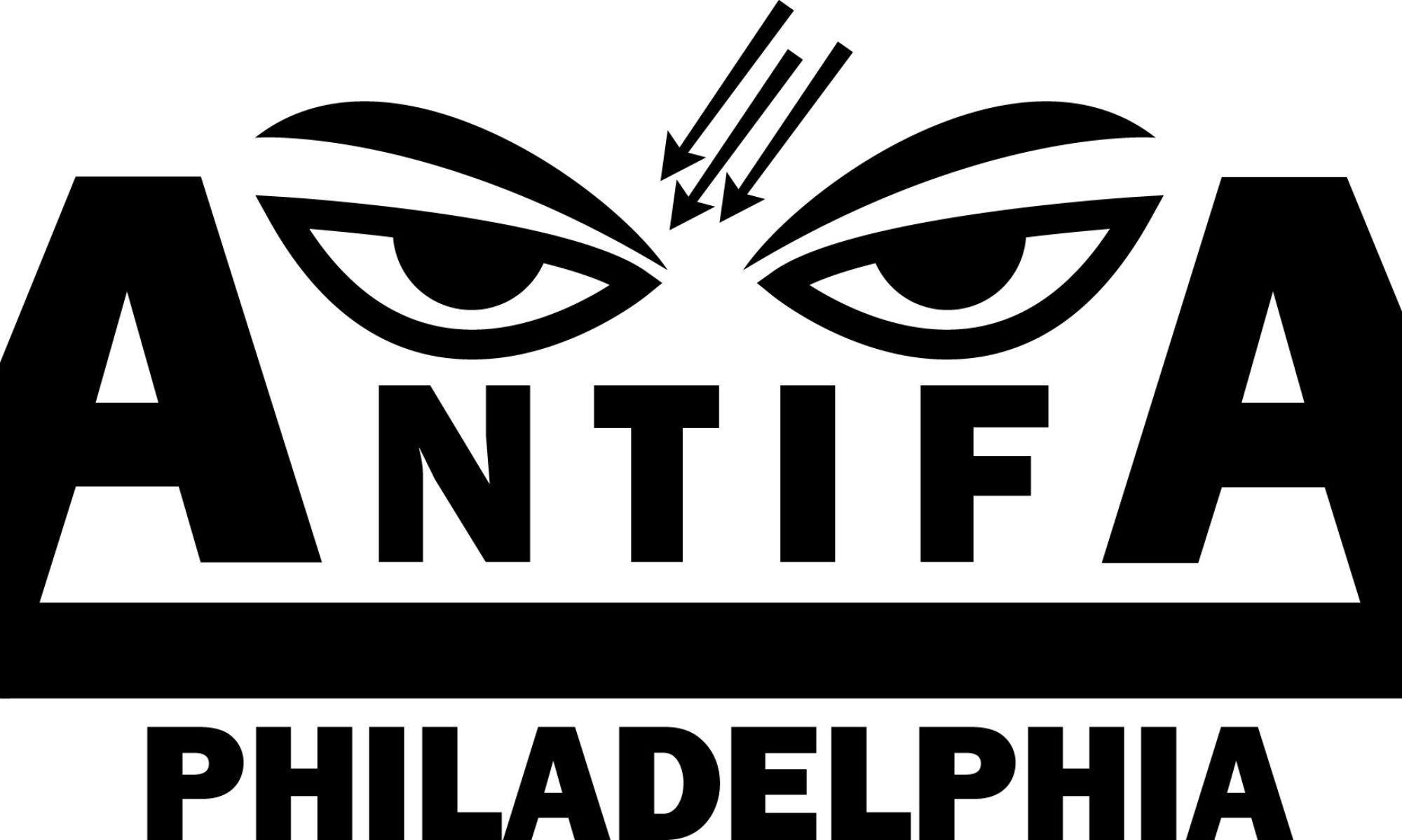
Reposted from The Tribune-Democrat:
A prominent white supremacist leader and former constable from Johnstown, described by the Southern Poverty Law Center as “emblematic of the gutter aspects of the Ku Klux Klan thanks to his lengthy criminal history,” died last week.
Barry E. Black, 70, died on Wednesday in his home, according to an obituary.
Multiple remembrances posted below Black’s obituary on dignitymemorial.com include the phrase “Non Silba Sed Anthar,” which the Anti-Defamation League says is “one of the more commonly used Klan slogans.” A mixture of Latin and Gothic, the slogan is intended to mean “Not for self, but for others.”
“There is a great empty hole in my world today as big as the heavens where he reigned for so many years,” a person using the handle “Rev. Ken BigMan Ewsichek” wrote in one of those posts. “ ‘Non Silba Sed Anthar,’ the motto of the Klan. ‘Not for self but for other’s’ (sic) described Barry Black perfectly.”
Ewsichek’s post also contained several abbreviations that the ADL identifies as Klan-related slogans, including “AKIA,” short for “A Klansman I Am”; “ITSUB,” an acronym for “In The Sacred Unfailing Being,” a reference to God; and “KLASP,” an acronym for “Klannish Loyalty, A Sacred Principle.”
Black was born in 1948, according to his profile on the Southern Poverty Law Center’s website. That birth year matches the one given in his obituary.
In 1992, he founded the Keystone Knights of the Ku Klux Klan, a breakaway faction of the now-defunct Invisible Empire Knights of the Ku Klux Klan, according to the SPLC.
That same year, he was elected constable in Cambria County and spent three months in office before being removed because of his criminal history, which, according to the SPLC, included guilty pleas to larceny, burglary and firearms violations. During his brief tenure as constable, he was “accused of tampering with mail and extolling the virtues of the KKK to a prisoner he was transporting,” according to the SPLC.
Six years later, in 1998, he burned a cross at a Klan gathering in Virginia and was arrested for and convicted of violating the state’s ban on cross burnings. He sought legal help from the American Civil Liberties Union and made national headlines when the group appointed David P. Baugh, a black attorney, to represent him.
The case, Virginia v. Black, went all the way to the Supreme Court, where Baugh successfully argued that Black’s right to free speech had been violated. In a 6-3 decision, the Court overturned Black’s conviction and struck down the Virginia statute that considered burning a cross prima facie evidence of intent to intimidate.
After the court decision, Black “receded back into the movement’s shadows and the International Keystone Knights dwindled in strength,” according to the SPLC.

